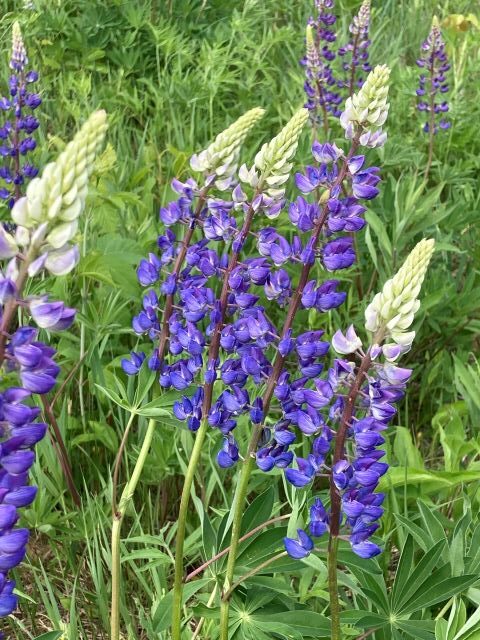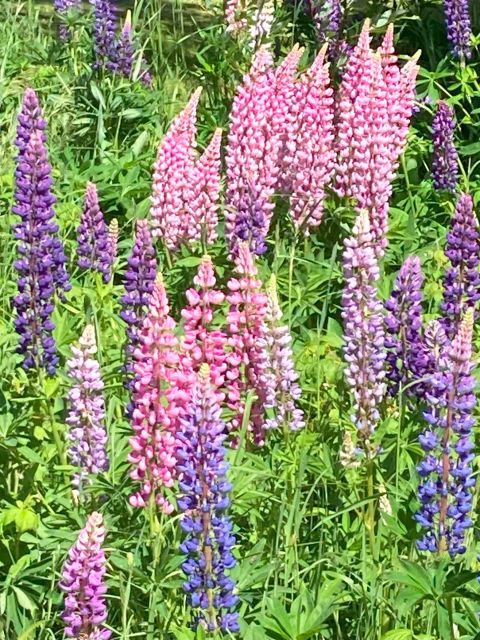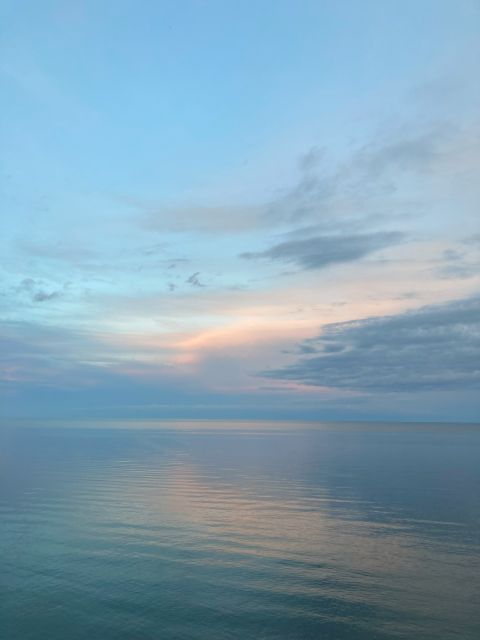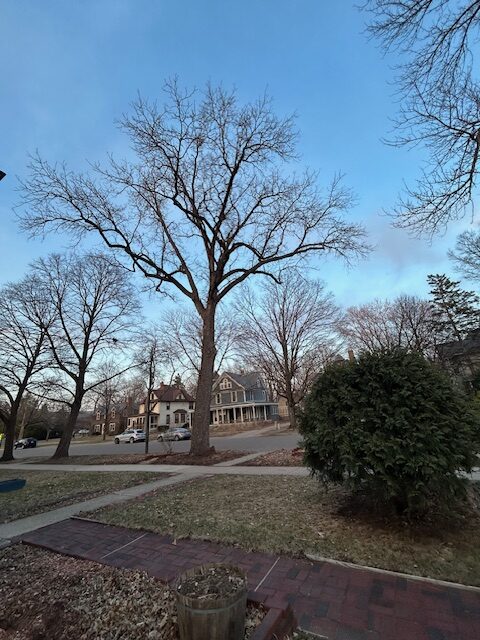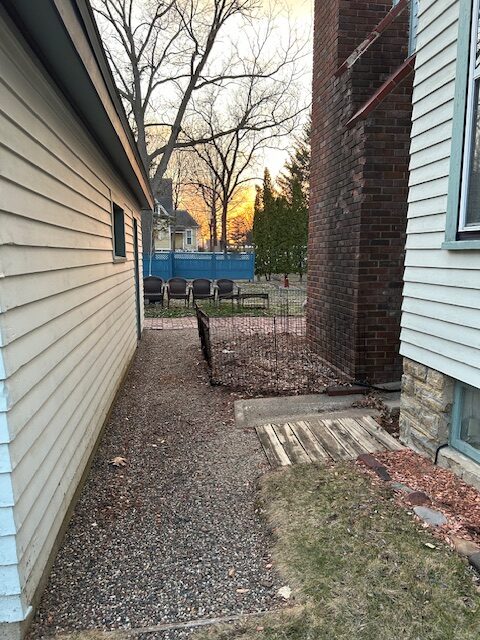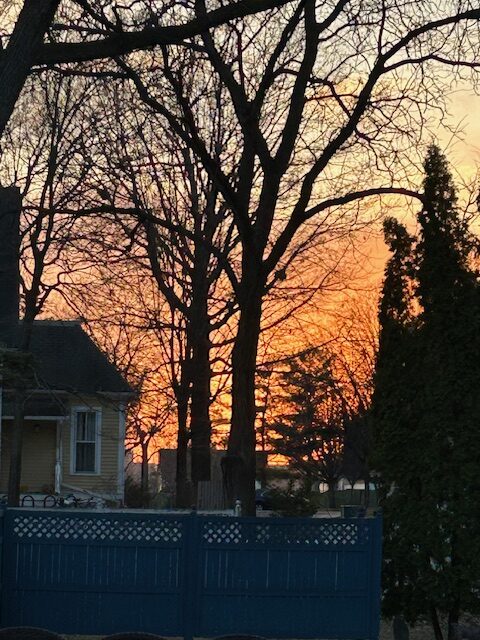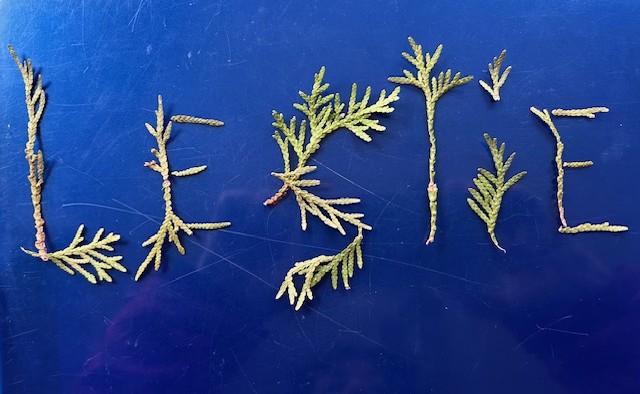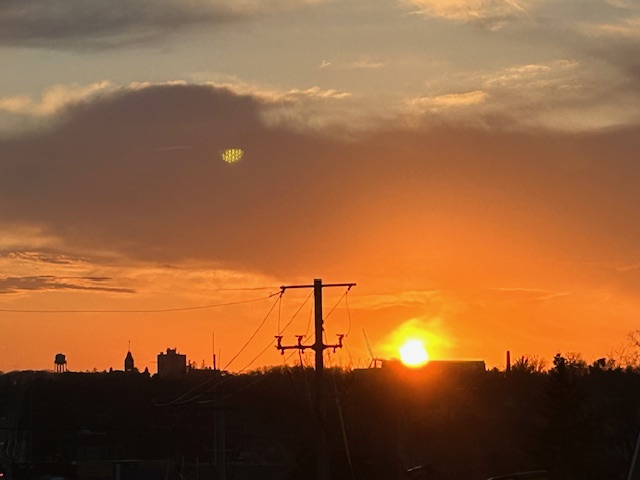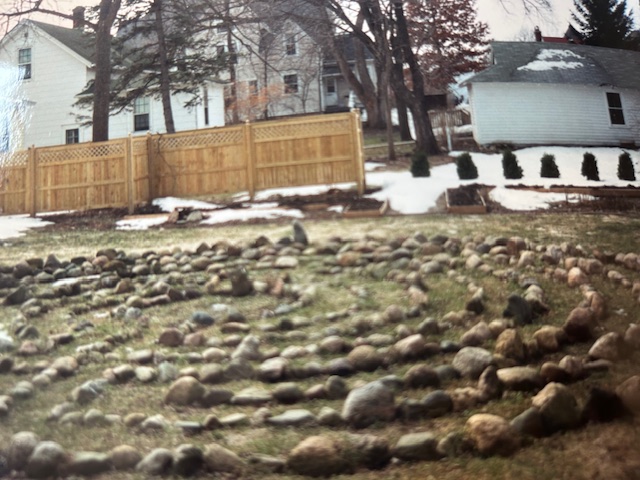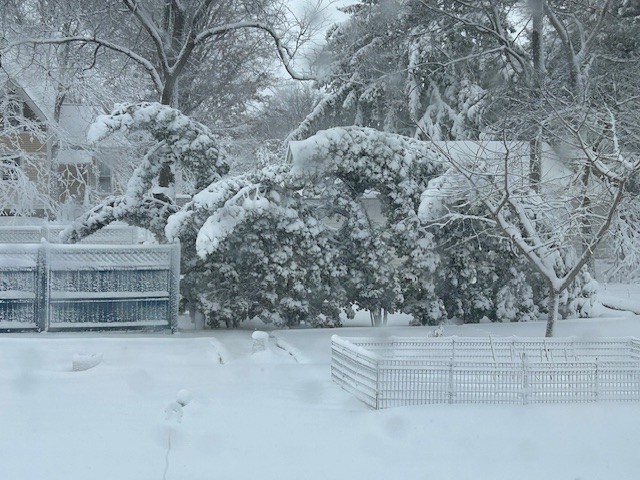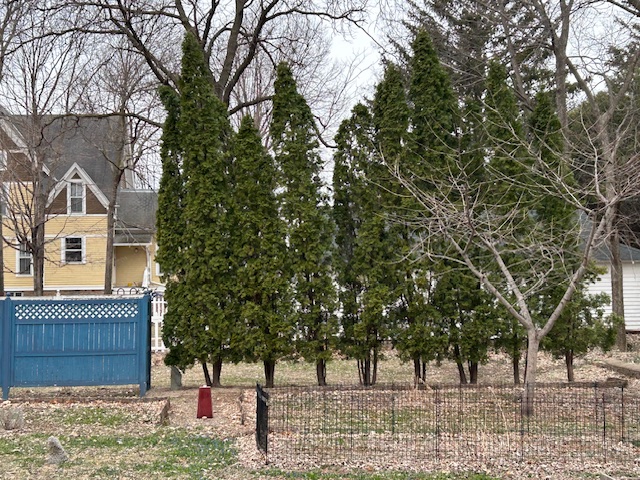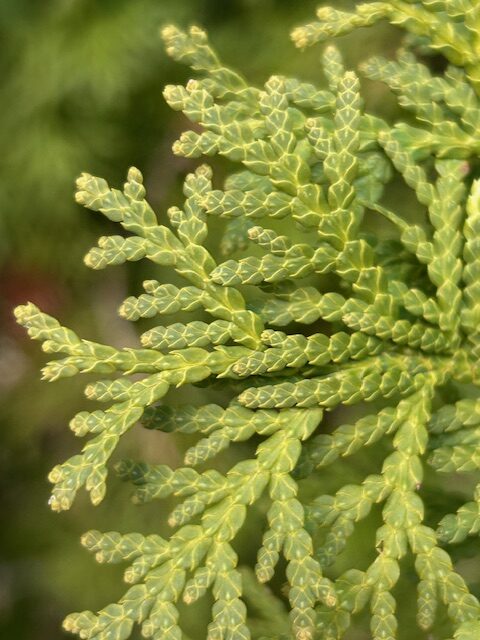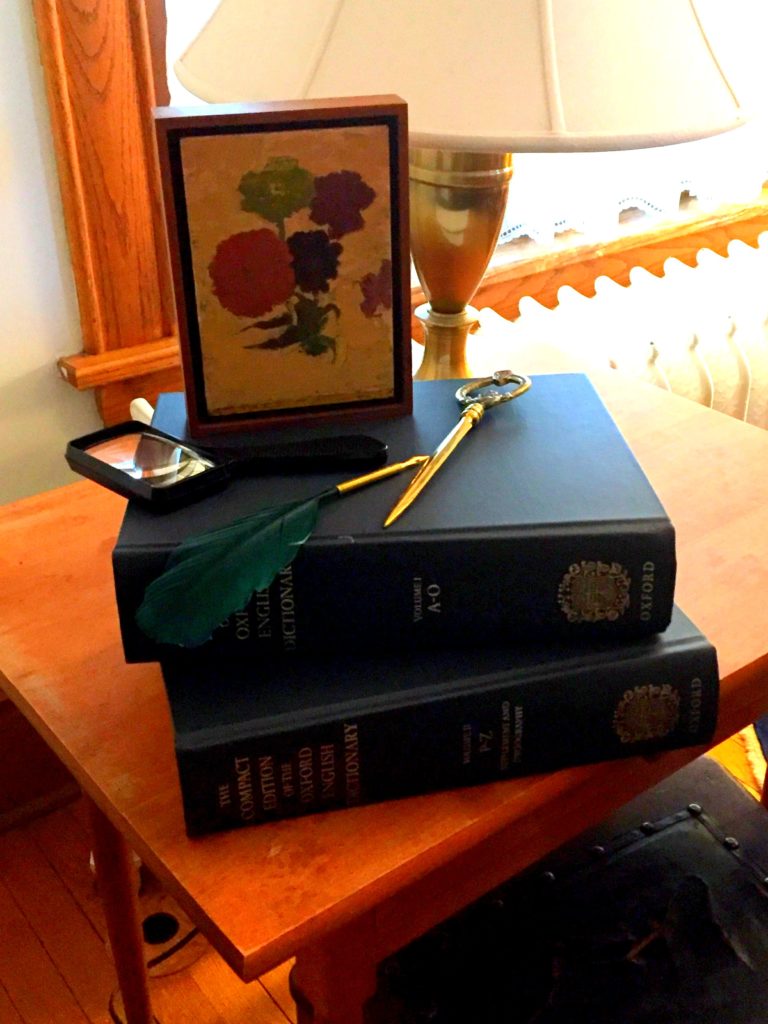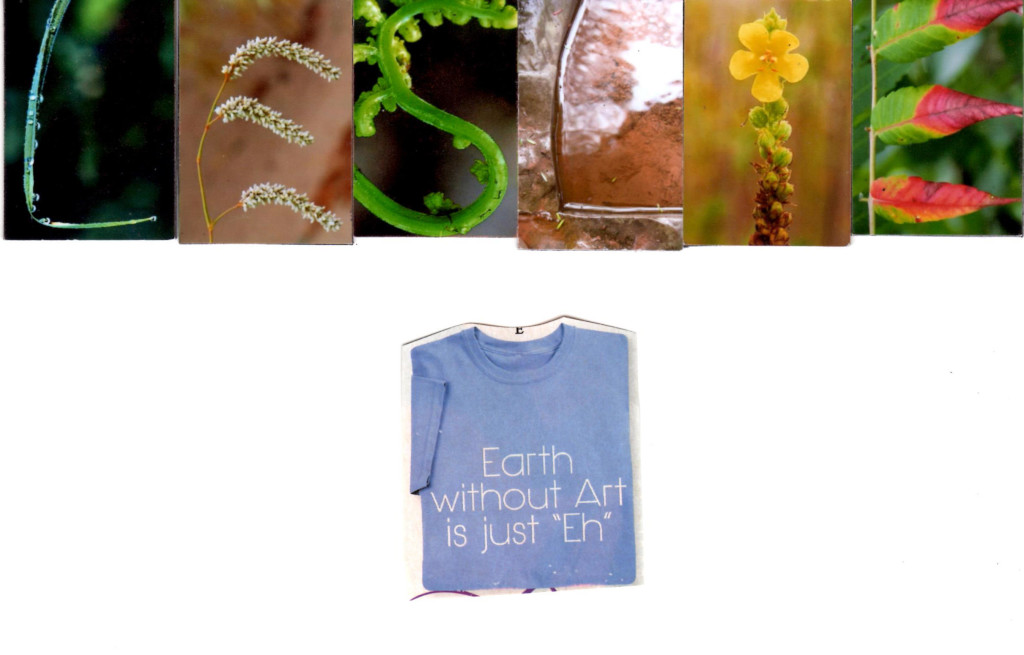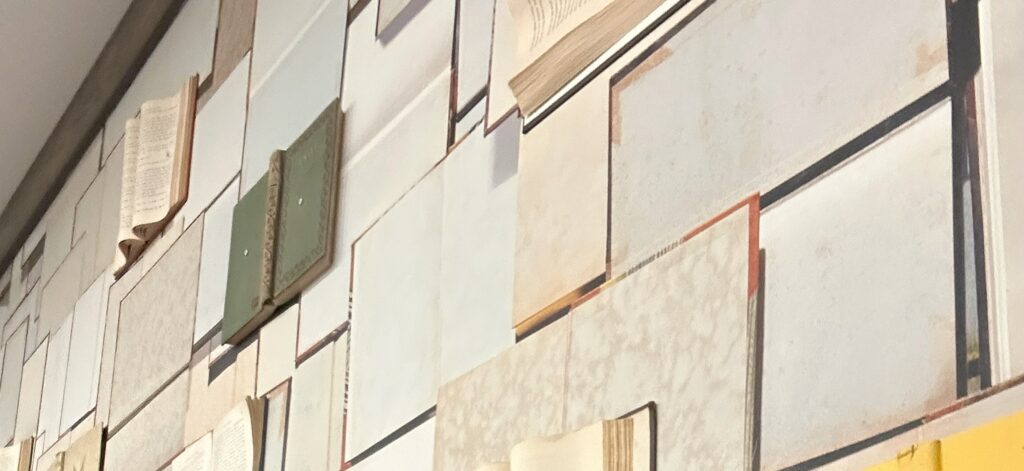
In preparation for a summer weekend discussing Mary Shelley’s novel, Frankenstein, with a friend, I have been reading about her life. Two excellent biographies, Romantic Outlaws: The Extraordinary Lives of Mary Wollstonecraft and Mary Shelley by Charlotte Gordon and Mary Shelley by Muriel Spark, have provided engrossing reads as well as a wealth of personal and cultural background. And yet, and yet…no matter how much can be known by scholarship, there are always overt and inadvertant gaps for a biographer. No matter how much we know, we wonder. It seems to me that speculation — risky as that is in any realm — is part of coming to know, and if there is no margin for that then we either make it up or grow bored.
Still, I suspect–ahem, I speculate–that for most of us knowledge is founded on questioning, and only some questions can be definitively answered. How frustrating! And yet, how wonderful, too, since it is our explorations that give us new points of view and allow new insights in.
Today’s poem has twin inspirations–this recent reading and the realization that not only texts but also plants have in-built essential lacunae.
Here’s to partial answers to some of our questions!
LESLIE


